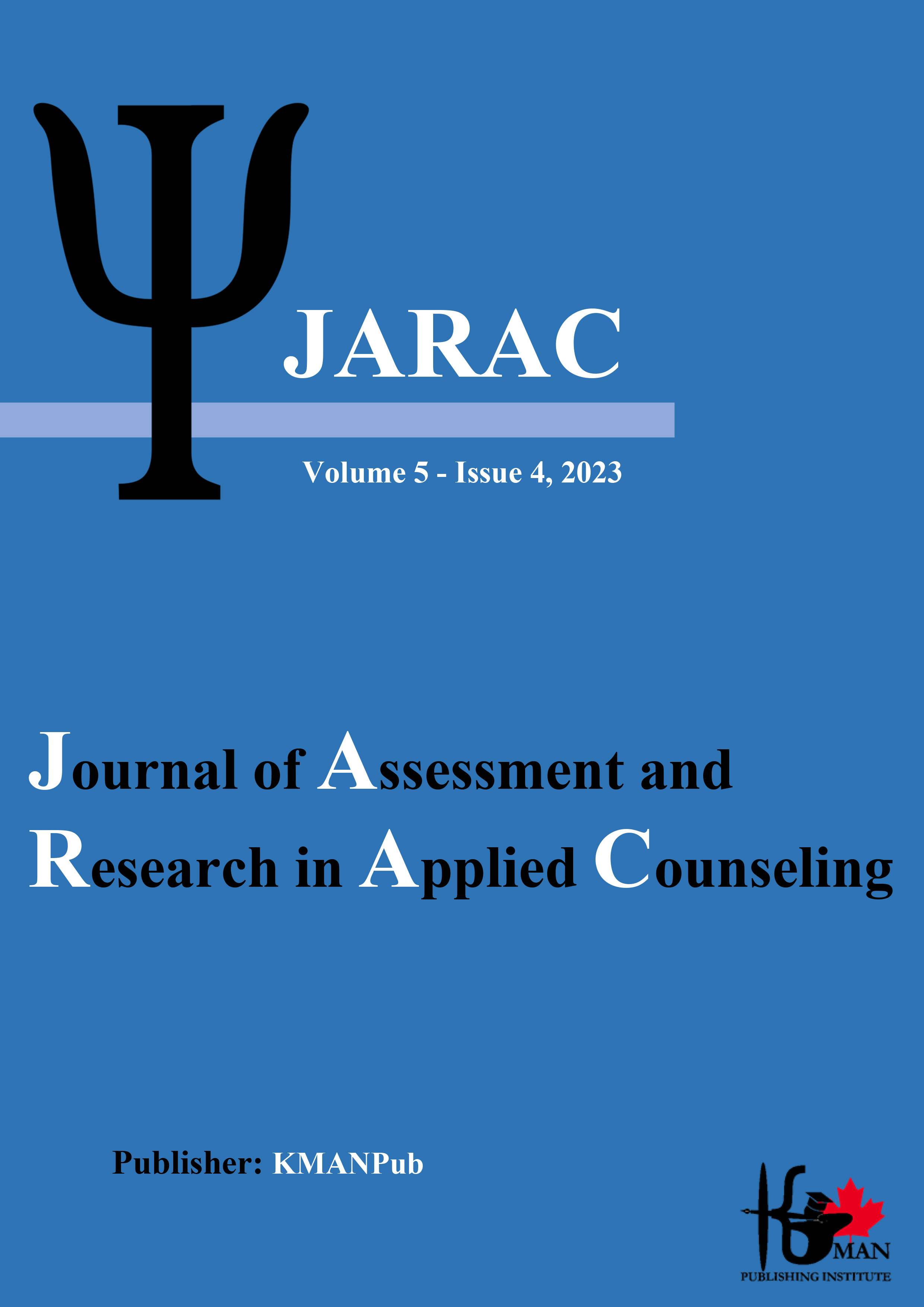Investigating the sensitivity coefficient of the fifth version of the Wechsler children's intelligence scale in students with attention deficit disorder
Abstract
Objective: Attention deficit/hyperactivity disorder (ADHD) is known in the fifth edition of the Diagnostic and Statistical Manual of Mental Disorders with primary diagnostic criteria including attention deficit, impulsivity and hyperkinesis. The aim of this study was to investigate the sensitivity coefficient of the fifth version of the Wechsler Intelligence Scale in children with attention deficit disorder in Tehran.
Methods and Materials: The present research method is located in the field of psychometric studies, which is a subset of the methodological methodology. The research population consists of all students with attention deficit disorder in Tehran who have referred to psychology and counseling centers who are covered by educational-therapeutic services (they have a diagnostic record as attention deficit) and 120 people were selected as statistical sample using purposeful sampling method. The measurement tool in this study was the fifth version of the Wechsler Intelligence Scale for children. The statistical model used in this study was to determine the diagnostic validity, distribution diagram method (Davis method), confidence interval method, and sensitivity and clarity coefficient method.
Findings: Finally, the findings showed that all tests of working memory and processing speed scales have a sensitivity factor.
Conclusion: Therefore, the tests of working memory scale and processing speed have diagnostic validity and can distinguish students with attention deficit disorder from normal students.
Downloads
Downloads
Published
Issue
Section
License
Copyright (c) 2023 Mehnoosh Bodaghi, Kambiz Kamkari, Sara Saedi (Author)

This work is licensed under a Creative Commons Attribution-NonCommercial 4.0 International License.















